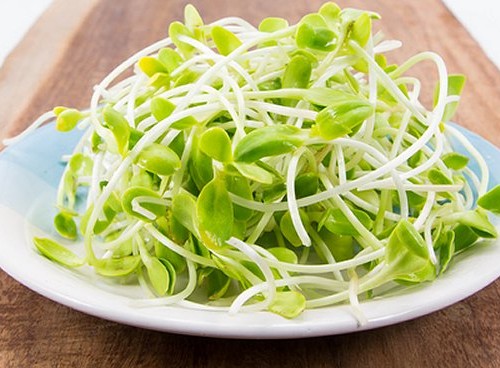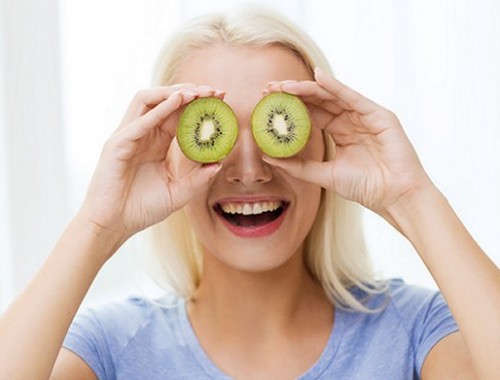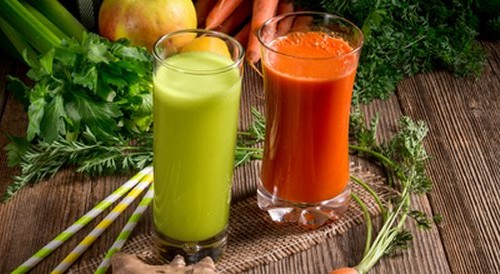There has been a lot of debate recently if juicing is any better for you than simply eating fruits and vegetables. The online community seems to be split on the issue but I think anyone with a scientific background would agree that eating more natural foods in any form is good for you.
One popular health claim for juicing is that it makes nutrients easier to absorb. If you’ve ever tried to eat a plate of raw vegetables you’ll know that there is a lot of chewing involved. You stomach doesn’t have teeth and some foods aren’t easily digested. Therefore, juicing should offer an advantage especially if you don’t like to sit chewing like a cow chewing the cud.
Juicing allows us to take bulky fruits and vegetables and squeeze all the good stuff into an easy to consume glass of refreshing juice. We are stripping out a lot of the fiber but that doesn’t mean the juice has no fiber in it. Indeed some juices can contain quite a lot of fiber. What juicing does is to make it easier to consume a large amount of vegetables and fruits. And consuming enough fruits and vegetables is something many people have an issue with in this day and age.
We also have to remember that most people cook their vegetables. Heating processes like frying, boiling and even steaming mostly have a negative impact on the nutrition value of foods. Juicing utilizes raw foods and processes them without major heating. It’s true that all juicers produce a small amount of heat. Centrifugal juicers generate more heat that masticating juicers. But the heat generated is far lower than with cooking.
Juicing allows people with busy lifestyles to supercharge their intake of essential vitamins, minerals, enzymes, photo-chemicals and antioxidants. It makes it easy to give the body what it needs for it to repair itself, fend of disease and operate efficiently. For that, juicing should be applauded and embraced by everyone.







No Comments